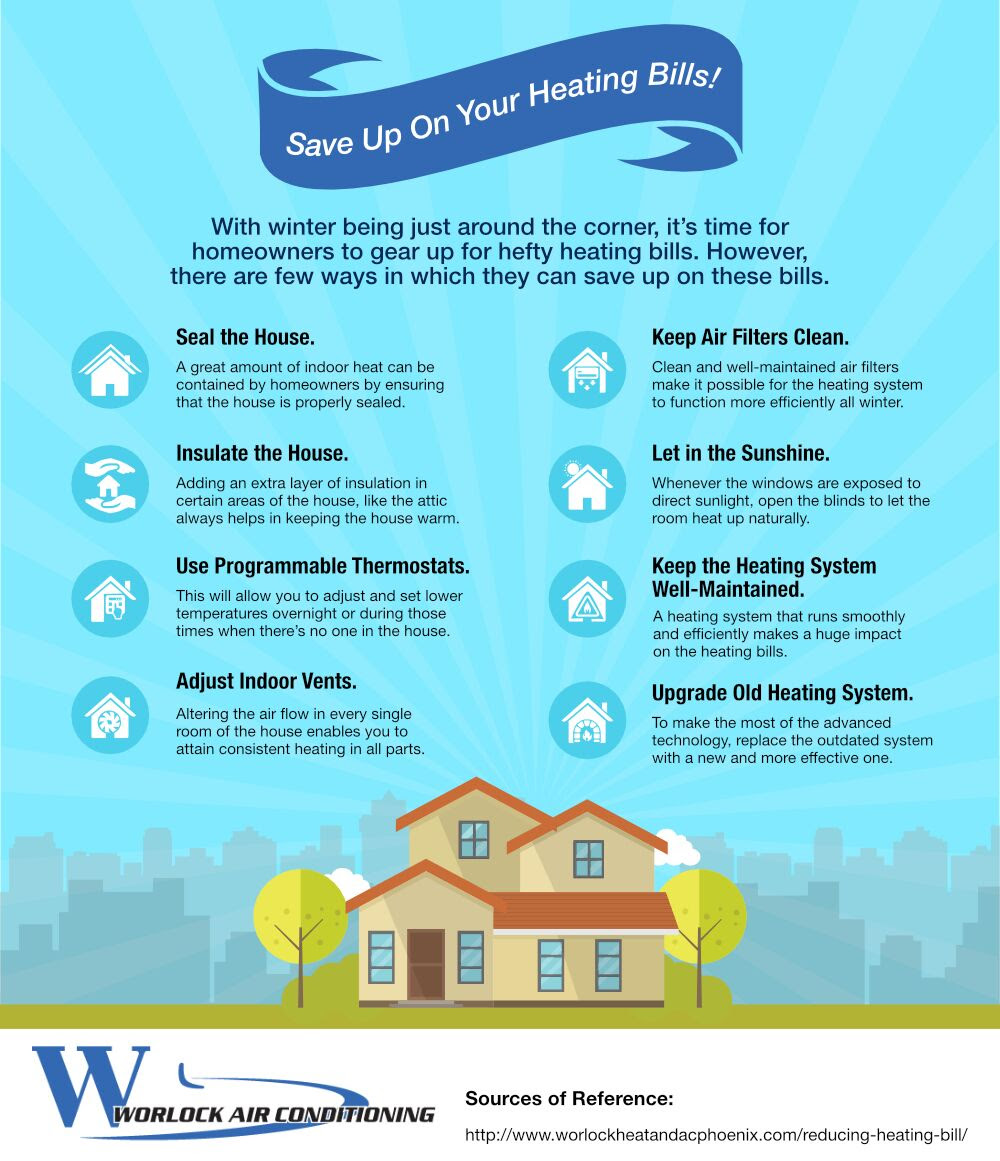Heatpump Vs Heater - Which Is The Better Heating Alternative For Your Home?
Heatpump Vs Heater - Which Is The Better Heating Alternative For Your Home?
Blog Article
Web Content By-Bonner Aldridge
Numerous home owners are familiar with furnaces, which warmth homes with oil or natural gas and press hot air through ductwork. They are fairly economical and can supply reliable heating also during a winter season power interruption.
However, https://ductcareservices49516.dsiblogger.com/62149791/checking-out-the-ecological-advantages-of-warmth-pumps-a-lasting-heating-option make use of nonrenewable fuel sources and create carbon monoxide and other air contamination. just click the up coming web site as energy-efficient as a high-efficiency heat pump.
Cost
Typically, heatpump are more affordable to operate than furnaces. They usually use power and cooling agent to extract warm from exterior air, and then move it into your home. You can capitalize on less costly electrical energy prices during off-peak hours to even more lower your home heating costs.
Unlike heat pumps, gas or wood-burning heating systems make use of combustion to create warmth, sending out flue gases right into the atmosphere that can be unsafe to your wellness. These heaters are also less energy-efficient than heatpump, and their greater operating expense can accumulate in time.
Heaters are a lot more challenging than heat pumps and call for routine upkeep to make sure the proper feature of all parts. In spite of this, they often tend to last longer than heatpump with a common life expectancy of twenty years or even more. However, you'll need to factor in the cost of gas, fuel oil or timber and the additional equipment needed for installment and procedure such as ducts and air flow systems.
Power Effectiveness
Heat pumps have a greater energy performance score than heaters. These systems utilize electrical energy to scavenge warmth from the air, also in freezing temperatures. They can additionally remove excess warmth from the home throughout warmer months and recycle it to cool down the system. Service provider professionals can aid you determine the best design for your home based on climate and source power expenses.
Heating systems burn fuel oil, lp, natural gas or other types of nonrenewable fuel source to warm the air in the home. This air is after that spread through ductwork making use of a big fan. Furnaces create greenhouse gases and require normal upkeep and devices upgrades to guarantee secure operation.
The greatest benefit of a heating system is that it can be run also in harsh winter season problems due to the fact that it does not rely on exterior temperatures to warm up the air. Heaters additionally have a longer lifespan than heatpump and normally last 15 years. They can also be coupled with twin fuel choices, which select the most efficient heating choice based on the climate.
Climate
Heatpump function well in modest environments and utilize less source energy than heaters. Nevertheless, if your area is extremely cold, you might require to invest in a basic gas heating system rather.
Furnaces offer warm, comfortable warmth and normally offer rapid heating to raise indoor temperatures. These systems can be made use of with a variety of gas kinds, including natural gas, gas, oil or electrical power.
They take in extra energy than heatpump-- approximately 3x as much-- and call for ductwork that's costly to mount or retrofit. They're additionally extra pricey to keep, as they can trigger air high quality issues and produce greenhouse gas exhausts.
If you're committed to decreasing your carbon footprint, a heatpump is an excellent option for your home. They have fewer greenhouse gas emissions than heaters, particularly if you choose an ENERGY STAR ® heat pump. Your neighborhood Service provider expert can describe the distinctions in between these two heating unit and help you make the best choice for your one-of-a-kind needs.
Individual Preferences
Heaters can be extremely energy efficient when powered by gas, propane or oil, but they aren't as energy effective as heatpump in freezing climates. They can additionally be more expensive to mount, needing gas lines and air flow systems.
Nonetheless, heating systems have a tendency to require less upkeep, which can result in reduced continuous costs. They create fewer greenhouse gases and are extra trustworthy than heat pumps throughout extreme weather condition.
Electric heat pumps are much more functional in producing interior convenience since they can additionally work as a/c unit throughout warmer months. They can be more convenient to maintain, requiring only normal air filter adjustments and periodic vacuuming.
If you choose the convenience of a solitary system that does it all, take into consideration a hybrid heating solution that sets a heating system with an electric heatpump. These systems can instantly change between both home heating options based on your home's demands and temperature level problems, making the most of effectiveness and financial savings.